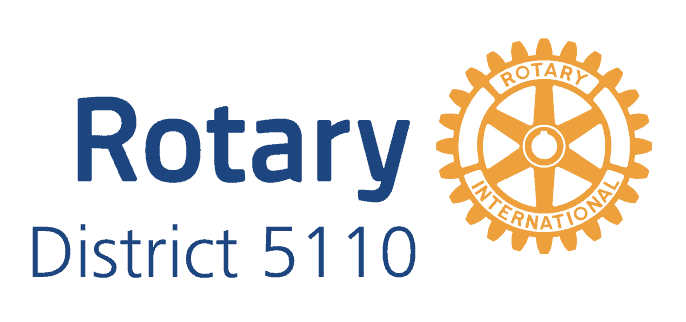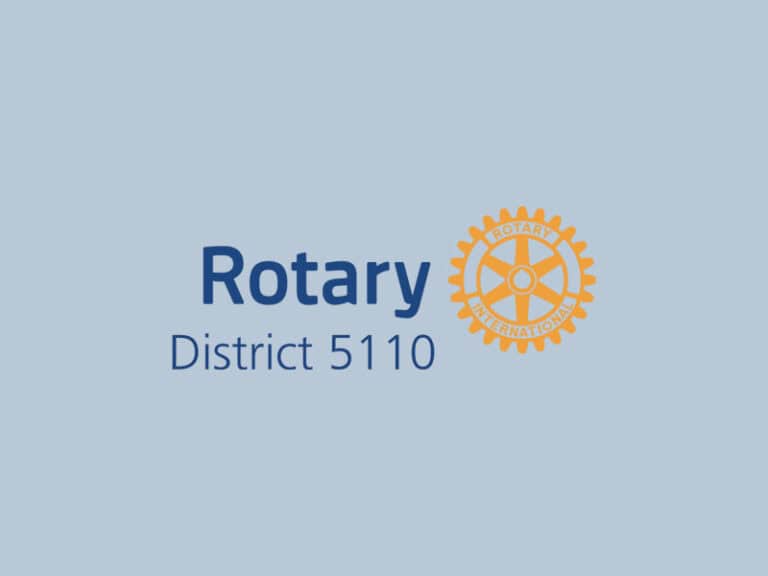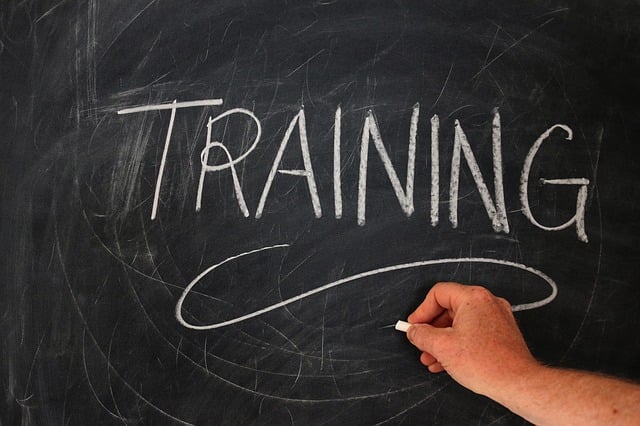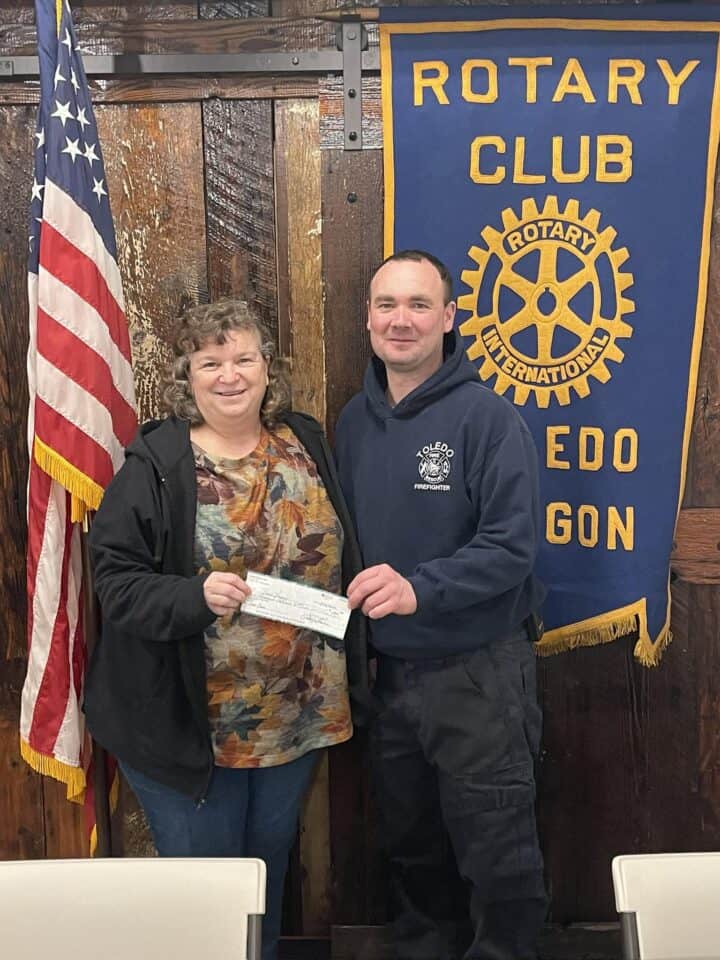No one in Meru County, Kenya quite remembers the name of the Irish nun who tried to save the Turkana women from their own “indecency.”
“The intentions were really noble,” Samuel Muhunyu smiled and chuckled. “She was really concerned.”
Generosity can be a beautiful thing – when it is informed.
Muhunyu was the longtime executive director of Network for Ecofarming in Africa. The Rotary Club of Eugene Metropolitan worked with him and NECOFA through club members Gwen Meyer and John Neumeister’s Friends of Kenya Schools and Wildlife for 15 years. We learned so much from partnering with Muhunyu through several Global Grants, district grants, and club projects.
When he died suddenly last summer the international community lost a global champion in philanthropy and community empowerment. He was a wealth of knowledge and experience whose leadership always modeled best practices. He spoke several languages but his stories were a gift in all of them.
The failure of “The Bra Project” was one of his many timeless lessons.
Women in Turkana had not traditionally worn bras or tops. This was not a problem and it did not need fixing. No one had ever asked for donated bras.
But when that concerned nun returned to Ireland and shared her experience of the topless Turkana women the donations poured in. She amassed enough bras to fill a shipping container and have it sent to Kenya, to the facility where she had volunteered. Women from all over Turkana were each given a few bras, even though they found them funny.
It wasn’t long before the initially amusing donation of hundreds of bras unexpectedly started to cause some unfortunate and avoidable problems.
As the weather got hotter babies of many breastfeeding mothers started falling ill. A medical team was called in to figure out why. They quickly realized this unnecessary garment wasn’t being washed, so they advised the mothers against wearing them or to wash them. The women started washing them and drying them in the sun – or discarding them. Soon the bras were covering thorny bushes all over Turkana, new colors blooming in the sun.
“It was like another type of flower,” Muhunyu remembers, laughing.
The road back to Ireland was indeed paved with good intentions. Had this nun asked any of the community leaders a.) whether or not bras were wanted or needed and b.) if any potential complications might arise, they perhaps could’ve avoided making breastfeeding babies sick. They could’ve redirected her good intentions, and her desire to help.
“Generosity needs to be coupled with realistic thinking and understanding of the needs of the beneficiaries,” Muhunyu often said.
Generosity is only valuable when it meets the needs of the recipients. To do this, to make philanthropy most effective, and to do the least harm, partner with the community you are trying to serve. Ask their most informed leaders what is actually needed. Collaborate with them to navigate all possible options and outcomes, consider unintended consequences, and find the best solutions – together.
“Ask communities what they need, don’t tell them,” world-renowned philanthropist Dr. Ernesto Sirolli is well known for saying.
Do nothing unilaterally.
“Samuel taught us all about helping others in ways that are respectful and empowering. He challenged us to see the bigger picture, the context, in which we were ‘operating’ and to give the ultimate responsibility to those we were working with to move forward on their own, with guidance if needed.” – Gwen Meyer
Volunteers, especially those working in a culture that is not their own are welcome to give what they can. But if your true intention is to be helpful remember that what is needed is more important than what feels good to give. They won’t necessarily be the same thing. Ask. And listen.






Comments
2 comments
Carol Fellows
Beautiful story of a beautiful man. His legacy lives on.
Sheila Foster
Wonderful lesson and great words of wisdom. Thank you.